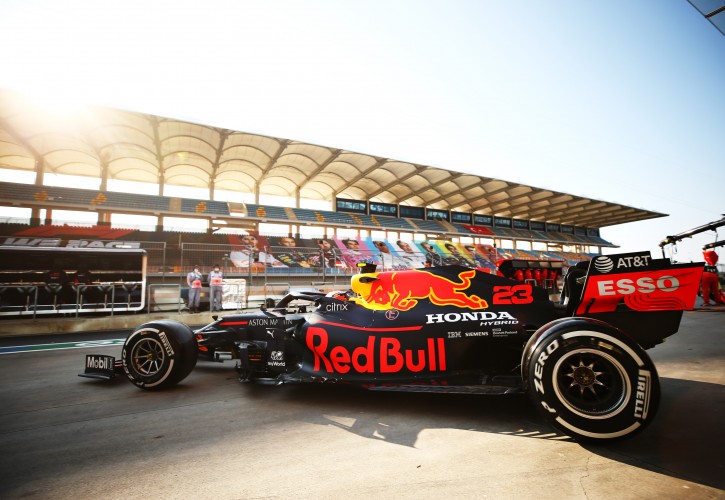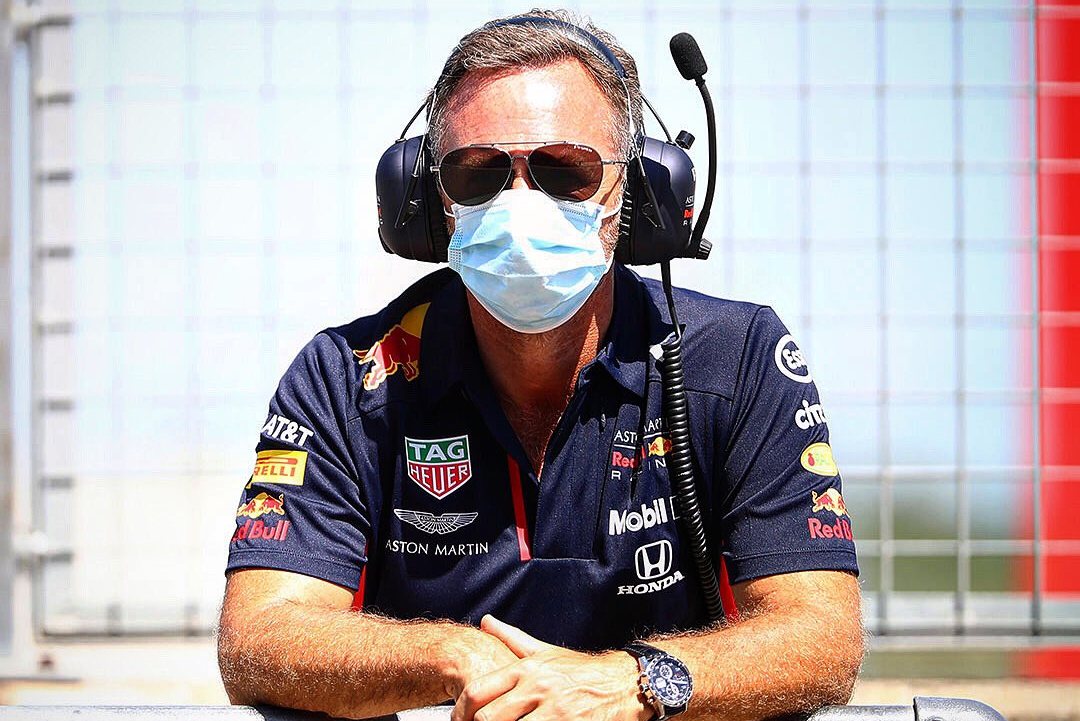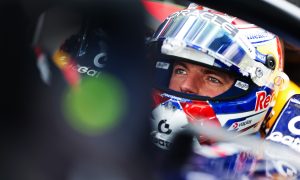
Red Bull Racing team boss Christian Horner says the energy drink's decision to take over Honda's engine program means that it is now "in control of its own destiny" in F1.
Honda will exit F1 at the end of this season as works supplier to Red Bull, but the Japanese manufacturer has accepted to transfer its technology to Red Bull in the wake of F1's decision to freeze engine development from 2022 to the end of 2024.
Red Bull will therefore manage and service its power units which will be branded 'Red Bull' post-2021 from a dedicated unit located on its Milton Keynes base.

But the bold move also allows Red Bull to acquire a level of independence for the future in terms of engine management, engineering and design that it and sister team AlphaTauri have never enjoyed in the past.
"We have taken control of our own destiny, in respect of integrating power unit with chassis," Horner said in a video call with the media on Monday.
"We’ve got the short-term scenario of the existing regulations and then of course whatever the new regulations are, we need to be in a position to take that on as well.
"We won’t be beholden on having a partner so we’ve got the independence to do it ourselves," he said of the longer-term. "If an exciting partner comes along, then of course it makes sense to look at it very seriously."
Horner says its decision, backed by significant investment, will finally put the team on "an even keel with the likes of Mercedes, the likes of Ferrari and Renault."
"You’d have never thought we could have done what we’ve managed to achieve over the years with the chassis," added the Briton, referring to Red Bull's string of four F1 Constructors' titles.
"The challenge now is to try and replicate that within the power unit."
Elaborating on F1's engine freeze from 2022, Horner revealed while the sport's manufacturers had unanimously agreed to a development halt, no formal mechanism to ensure a convergence in performance had been decided.
However, teams did agree to address any significant performance gap between F1's units should such a discrepancy emerge, according to Horner.
"Whilst there isn't anything within the regulations, there is an agreement between the manufacturers that each have supported to the FIA to address it, in the event that a manufacturer is out of kilter," Horner said.
"So there is effectively an undertaking by each of the manufacturers to address it should it arise, whilst it's not within the regulations.
"It gives the FIA the necessary empowerment to bring the parties to the table.
"That's important, and there is a clear understanding, particularly from within the top level of each of the OEMs."
Gallery: The beautiful wives and girlfriends of F1 drivers
Keep up to date with all the F1 news via Facebook and Twitter







